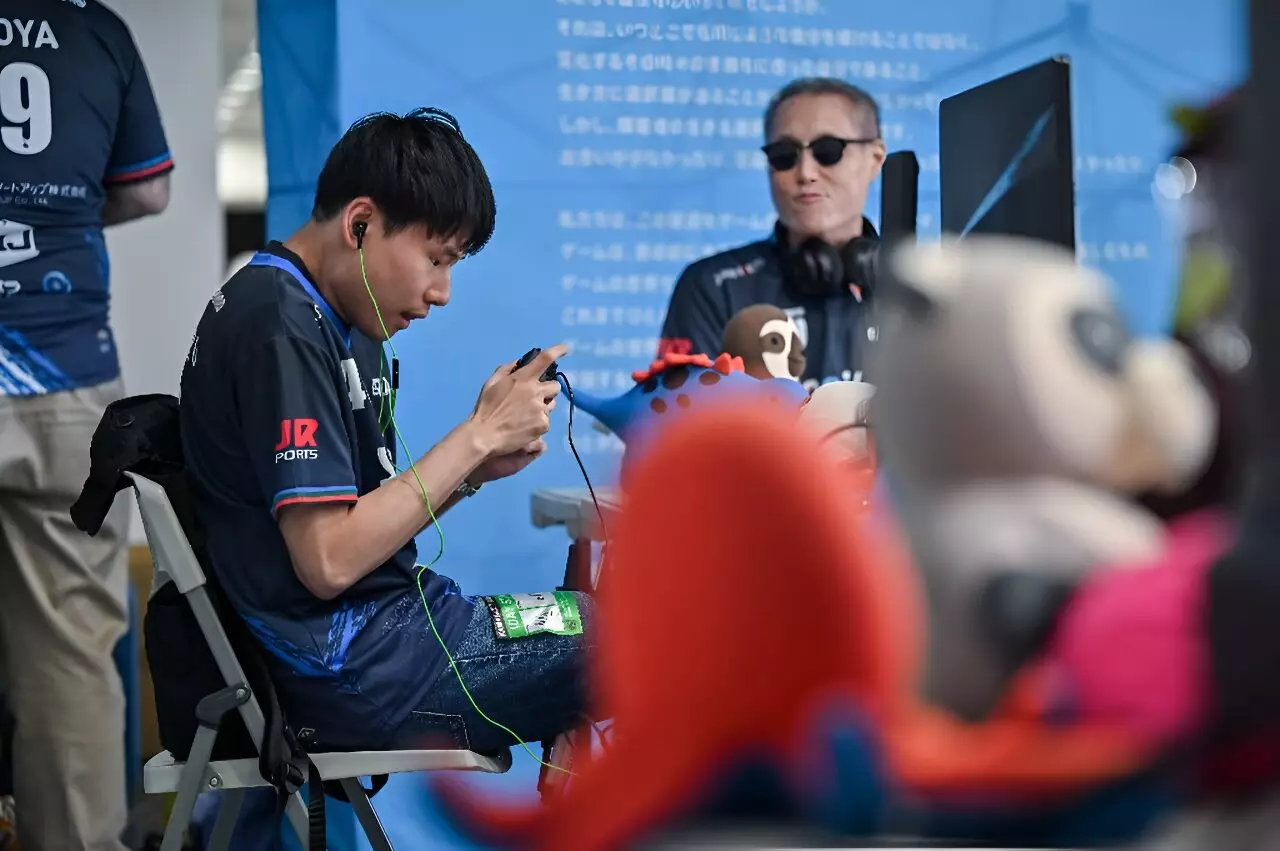Artificial intelligence has been making significant strides in enhancing accessibility for individuals with disabilities. The use of AI chatbots like ChatGPT and assistive technologies like GPT-4o and Gemini has opened up new possibilities for people like Mashiro, a visually impaired eSports gamer from Japan. These technologies have the potential to revolutionize the way people with disabilities navigate the world around them and gain independence in their daily lives.
By leveraging AI chatbots like ChatGPT, individuals with disabilities can communicate more effectively and navigate their surroundings with greater ease. Mashiro’s experience using ChatGPT to navigate Tokyo streets demonstrates the power of AI in providing tailored support for individuals with specific needs. The ability of AI to understand voice commands in multiple languages and provide detailed guidance based on individual requirements highlights its potential to empower individuals with disabilities.
While AI technology holds great promise for people with disabilities, there are challenges that need to be addressed to ensure its effectiveness. Experts like Masahide Ishiki emphasize the importance of improving the accuracy of real-time visual recognition to enhance AI’s capabilities in assisting individuals with visual impairments. Additionally, the need to ensure that AI is trained on diverse datasets to accommodate a wide range of user experiences is crucial for its effectiveness in serving individuals with disabilities.
Looking ahead, the future of artificial intelligence for people with disabilities is filled with exciting possibilities. As AI technology continues to evolve and improve, it has the potential to revolutionize education, employment, and everyday services for individuals with disabilities. Innovations like AI speech-to-text transcription, image recognition tools, and digital visual assistants are poised to transform the lives of people with disabilities by providing them with greater accessibility and independence.
The collaboration between AI technology and individuals with disabilities holds immense promise for creating a more inclusive and accessible world. By harnessing the power of artificial intelligence, we can empower individuals like Mashiro to navigate the world with greater independence and confidence. As we continue to advance AI technology and address the challenges that lie ahead, we can look forward to a future where people with disabilities are able to fully participate in and contribute to society on their own terms.


Leave a Reply